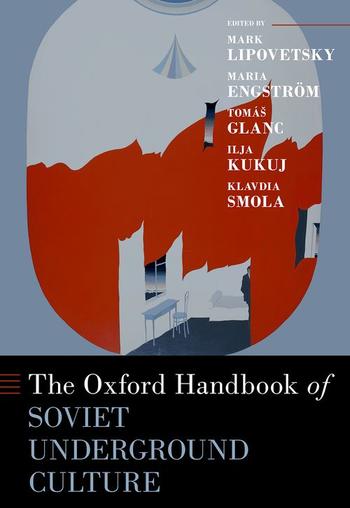OBERIU and the 'Conversations' of the Lipavsky Circle
Eugene Ostashevsky – 2021
This book chapter distinguishes the avant-garde group OBERIU and its predecessors, led by the poets Daniil Kharms, Alexander Vvedensky, and Nikolai Zabolotsky and performing openly in Leningrad between 1925 and 1930, from the informal circle of the 1930s, which also included the poet Nikolai Oleinikov and the philosophers Leonid Lipavsky and Yakov Druskin. Prevented from making their writings public, in 1933–1934 members of this underground circle of friends documented their interactions in Lipavsky's Conversations. A history of the two overlapping groups, emphasizing their social aspects, is followed by a synopsis of the philosophy of the circle. The article argues that the montage-based composition paradigms of the avant-garde, replacing determinism, causality, and rationality with contiguity and the non sequitur, are reflected in Kharmsian play with numbers and in his concept of the "real," as well as in the phenomenological methods of Druskin and Lipavsky, which seek perspectival, qualitative, and embodied knowledge that science cannot grant.
How to cite:
Eugene Ostashevsky. "OBERIU and the Conversations of the Lipavsky Circle." In The Oxford Handbook of Soviet Underground Culture, edited by Mark Lipovetsky, Maria Engström, Tomáš Glanc, Ilya Kukuj, and Klavdia Smola, 58–77. Oxford University Press, 2021. https://doi.org/10.1093/oxfordhb/9780197508213.013.2.
